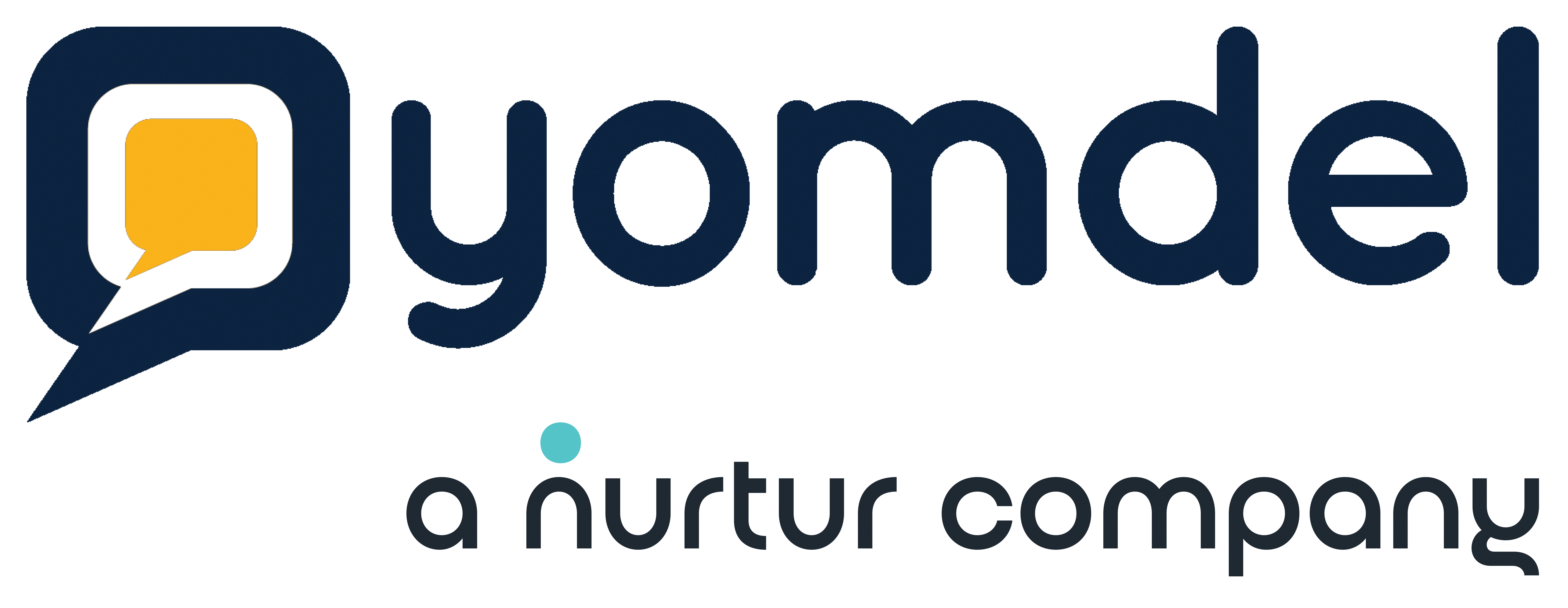Chatbots, or artificial intelligence (AI) powered 24/7 instant communication channels online, sounded marvellous. The promise was out of this world.
But they have failed, and arguably cause more problems than they solve.
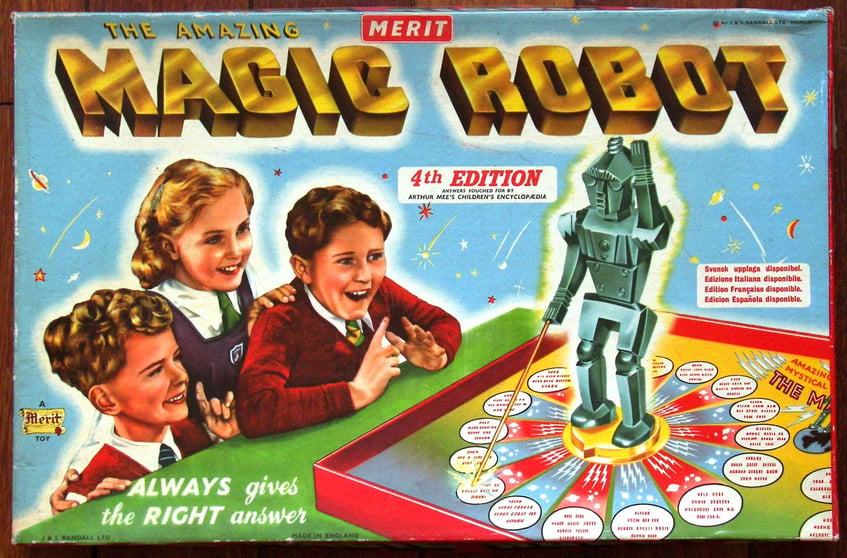
"Just imagine how absolutely amazing it would be to have a cheap, smart human replacement that customers love online and open 24 hours a day," went the mantra.
But chatbots did not live up to the promise, and consumers are increasingly intolerant of the poor experiences bots often deliver. If you are still thinking chatbots are going to create opportunity for your business, the most likely outcome is the complete opposite -- they could seriously damage your business prospects and your brand reputation.
We all know that if it sounds too good to be true then it probably is, and chatbots fall fairly and squarely into this category. It is too much promise, too soon, and consumers have wised up. The customer is more informed, less patient and less tolerant that ever before and as a business you need to understand that loyalty is not something that is acquired once and retained, it is something that needs to be relentlessly earned.
To do this right customers require high levels of personalisation, and if the experience is not sufficiently personalised it will fail.
And there lies the nub of the issue. People will inevitably all behave differently, it is one of the things that makes us humans interesting. They will ask questions in different ways, they will respond in different ways, they will have different needs and they double up on all this complexity with an added dose of emotional responses. Chatbots are the opposite in all respects, and they will only ever be as good as their programming.
If a person asks a question and the chatbot can't answer the human will become increasingly frustrated and unhappy, and every time this happens you risk adding another layer of disappointment until you end up pushing people away completely. Is this a risk you would be willing to take with your business?
1. Chatbots are not personal
People will never respond favourably to a chatbot saying "Sorry", as they will immediately see straight through the response as being disingenuous and meaningless. Chatbots lack empathy and emotional intelligence, two essential traits in the era of hyper-personalisation.
Yes, chatbots can be efficient, but they are cold and purely functional, always going for the assumptive close irrespective of the needs of the customer. And then they go wrong when a customer asks a question they don't know the answer to, and even worse they have not been trained to know it is a question they don't know the answer to. Sound weird? Well it is, maybe even verging on Kafkaesque as a customer gets stuck in an endlessly repeating loop. And worse still from a customer experience standpoint are those chatbots that only allow you to choose an option as opposed to free typing a query. This is a fast-track to annoying customers.
As an example, an estate agent kicking off with multiple chose response to the question are you a vendor, buyer, landlord or tenant. This seems logical from the estate agents perspective but that may not be the case for the customer. And once they have identified the profile, they go straight in for the name and contact details. This is the presumptive close, where the agent imagines the customer is only there to achieve a well-defined goal and is willing to give up their personal data for no immediate return. In our experience at Yomdel, where we managed more than a million human-led live chat engagements a year, people typically want to ask a question or two before committing, they want to be reassured, build trust and then make an informed decision.
A chatbot lacks the soft, human skills of relationship building, it is simply a conversational way to fill in a form, and this lack of personality translates into missed opportunities.
Think of tour operators and people are seeking an amazing holiday. The customer is willing to pay for the best possible experience but to find the right trip they need help, guidance and convincing it is the right choice. An automated system would never succeed here, it is the human touch that seals the best deal for all involved.
2. The terms "chatbot" and "AI" are not synonymous
Human operated live chat as the favoured communication channel has grown exponentially in recent years, with more and more people expecting businesses to provide human interaction online. Add to the the emergence of Siri or Alexa and people swooned over the potential "What if..." the bots really could replace humans? But it was just hype, the vast majority of bots are automated response mechanisms, much like the intolerable and complex menus in phone systems (you know the ones, "press 1 for sales" etc). They have no more "intelligence", artificial or otherwise, than the classic 1950s toy "Magic Robot" quiz game which always gave the right answer!
Chatbots are simply pre-programmed response menus that anyone can quickly and easily build if they wished. Chatbots have now been uncovered to be less smart and more frustrating than ever imagined.
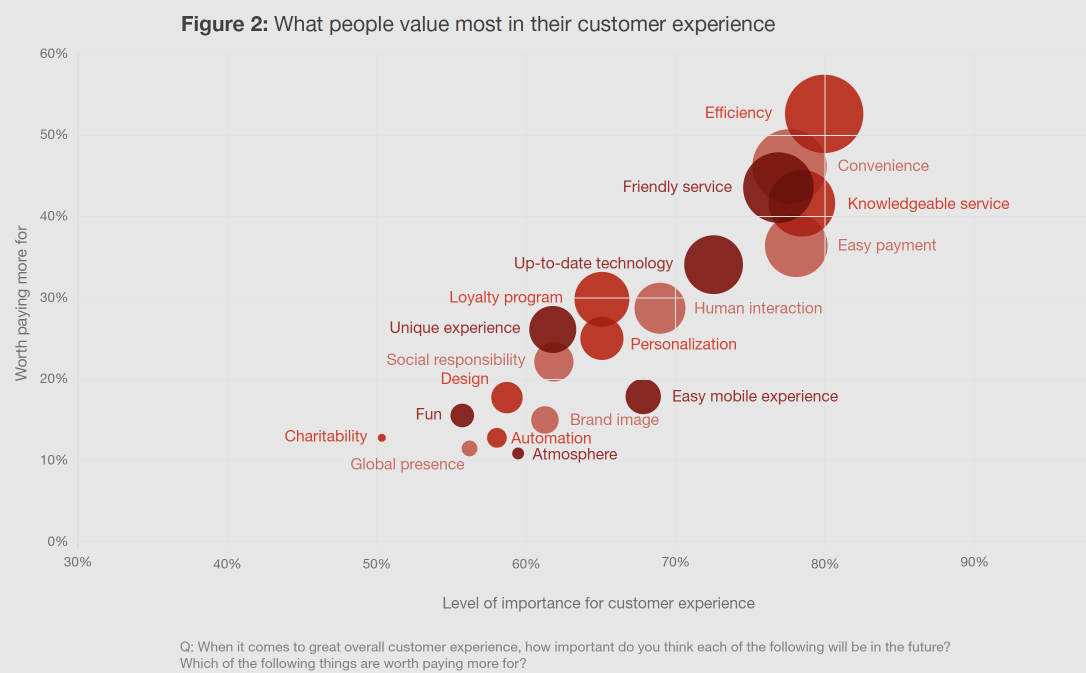
3. Chatbots can drive customers away
The quickest way to lose customers is to give them a bad experience. The PwC "Global Customer Insights Survey 2019" says that no matter how loyal a customer, 32% would walk away from a brand they love after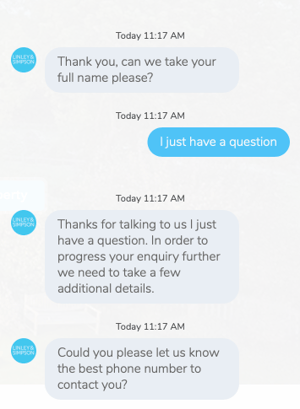 just one bad experience. In fact in some parts of the world the intolerance threshold is even lower, with 49% of people in Latin American saying they would never come back if they felt they'd been let down.
just one bad experience. In fact in some parts of the world the intolerance threshold is even lower, with 49% of people in Latin American saying they would never come back if they felt they'd been let down.
This means you have just one chance to get it right. You have to make a great "first" impression every single time, and you cannot count on previous goodwill being banked.
In the example here, when the asked for their name, they responded: "I just have a question'. Guess what, the chatbot in all its infinite technological and logical glory determined that because of the question, the visitor's name must be "I just have a question". The chat then unfolded with that phrase as the customer name.
How would you feel?
Think of businesses with a mix of high value and low value customers. A good example here may be a central London estate agent who could have a tenant seeking a one-bed apartment on one hand, and an owner of a mansion on the other. The tenant simply brings a cost to handle, while the vendor brings a potential commission of tens, if not hundreds, of thousands of pounds. Of course there are also far more tenants to sift through before finding the vendor.
What would you do?
Provide a simple chatbot that can help tenants make an appointment to view a property and then offer a handoff to a real person if the customer happens to be the vendor?
Sounds tempting doesn't it? A chatbot could offer a low cost and highly efficient way of dealing with the noise of all the tenants. "Great," I hear you say.
But consider this. If you were the vendor, what would you want? You'd probably immediately want an exceptional and fast experience and having to wade through a bot built primarily to filter out the noise would be a turn off. In fact, Yomdel stats show that when the initial human-response time is reduced from a super quick 30 seconds to a supersonic 15 seconds, customer satisfaction scores leap by five percentage points. Speed is of the essence and people are not prepared to wait.

4. Humans are king when it comes to closing the deal
Many businesses operate in sectors where customer acquisition is complex and requires intensive effort. Examples include high value discretionary purchases such as expensive holidays, or businesses offering highly complex products such as financial services or perhaps estate agents. These business require intensive personal effort to secure new deals. Their customers are often not even qualified to know what questions to ask, let alone know how to make the right decisions. In such circumstances a combination of human and digital elements delivers the best results. Think digital in terms of getting people to visit your website or social channels and then think human via professional, friendly and immediate human-staffed live chat where people can easily and quickly discover more, build rapport and trust and then convert to a paying customer.
Chatbots are simply a conversational interface for FAQs and as such they rely on the customer asking the right questions. This is setting them up to fail. In such circumstances chatbots are unable to offer anything more than just a data capture or form-filling exercise. Customers here need to be gently nurtured by someone showing genuine interest in their needs. Do this bit right and companies will have much greater success in moving people from being a passive (and maybe confused) browser into a motivated potential customer.
And it's not all soft and cuddly interpretation of value. The PwC report laid out the benefits of delivering great human experiences online:
"The payoffs for valued, great experiences are tangible: up to a 16% price premium on products and services, plus increased loyalty. In return, among U.S. consumers, there’s a sharp increase in willingness to give up personal data: 63% say they’d share more information with a company that offers a great experience."
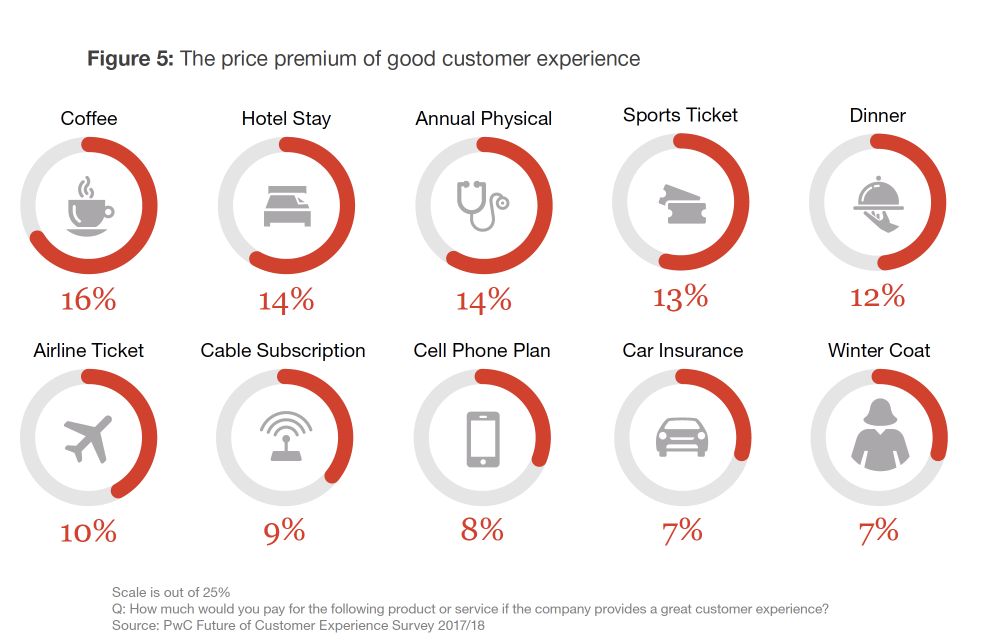
According to PwC, 74% of consumers want human interaction online, and regardless of technology it must be seamless and unobtrusive across platforms, and it must be instant. "Speed, convenience, helpful employees and friendly service matter most, each hitting over 70% in importance to consumers. Those who get it right prioritise technologies that foster or provide these benefits over adopting technology for the sake of being cutting edge. The employee experience is the cornerstone," PwC said.
5. Don't despair, chatbots still have a purpose
It is not a case of either/or when it comes to chatbots and skilled human live chat operators. It does, 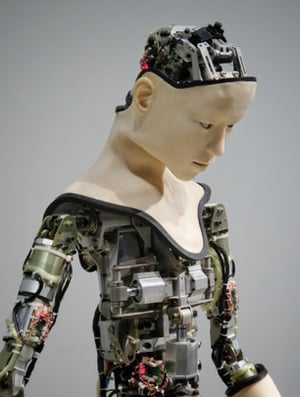 though, need careful consideration as to where the chatbot fits into the overall customer service mix. It may well be that certain functions can be assigned to chatbots (think simple customer account management such as reseting passwords, or asking how to contact the local office). But they should not be used instead of other high-converting sales and customer experience channels.
though, need careful consideration as to where the chatbot fits into the overall customer service mix. It may well be that certain functions can be assigned to chatbots (think simple customer account management such as reseting passwords, or asking how to contact the local office). But they should not be used instead of other high-converting sales and customer experience channels.
Chatbots have their place as a component within a streamlined live chat service, where humans are fully in control. Areas of a business where there are numerous inbound queries asking the same thing -- "Is there free parking?" or perhaps, "Can I change my registered address?"
In the world of Yomdel it is always humans first. We live in a social world, and the greatest value comes when you deliver exceptional personal customer experiences. Yes, live chat agents can be partially powered by AI where bots may be auto suggesting responses in order to help the humans become faster, better informed and less fallible, but chatbots are not humans and should not be seen as an alternative when the human experience is so important in the sales or customer experience cycle.
